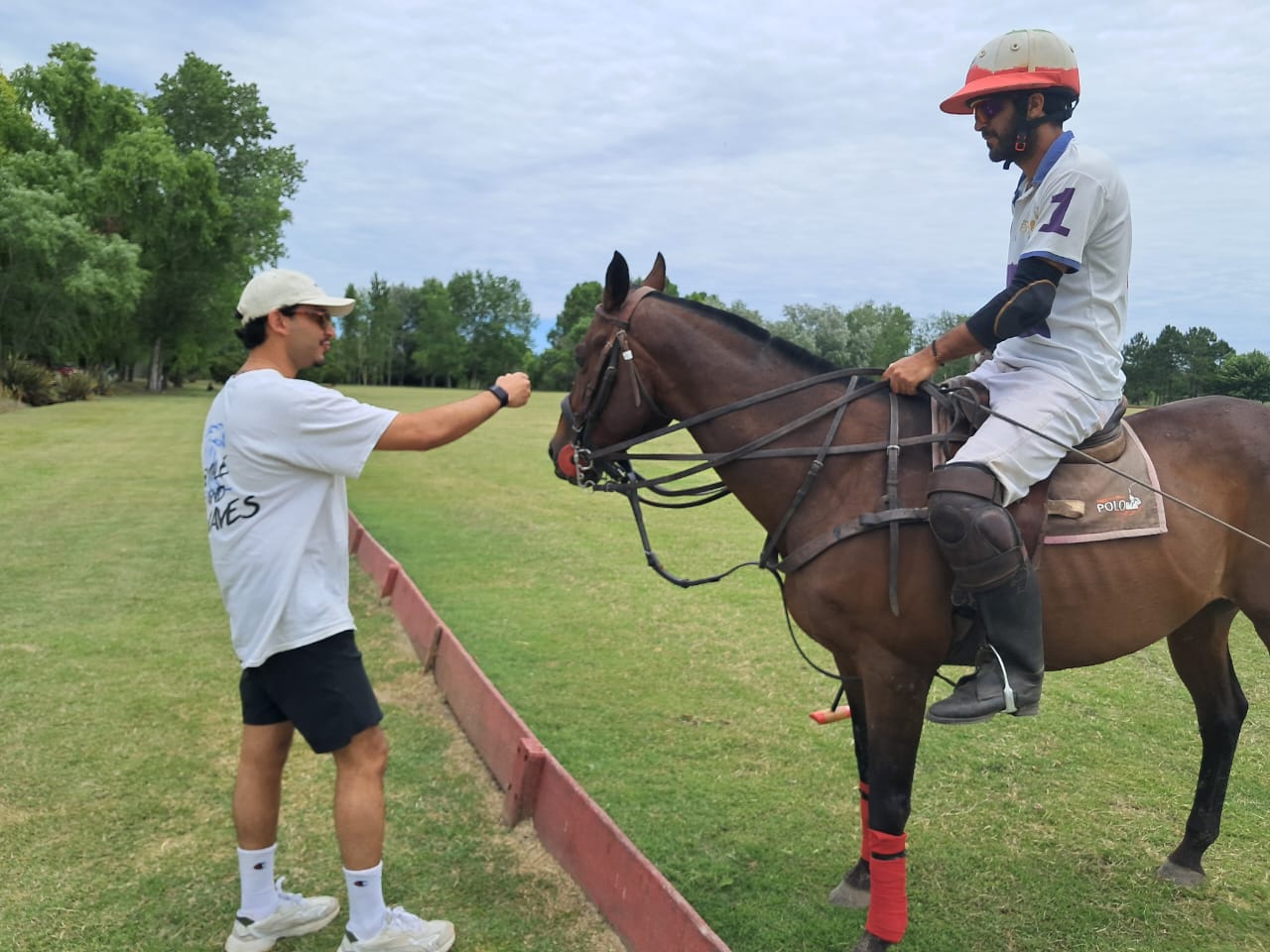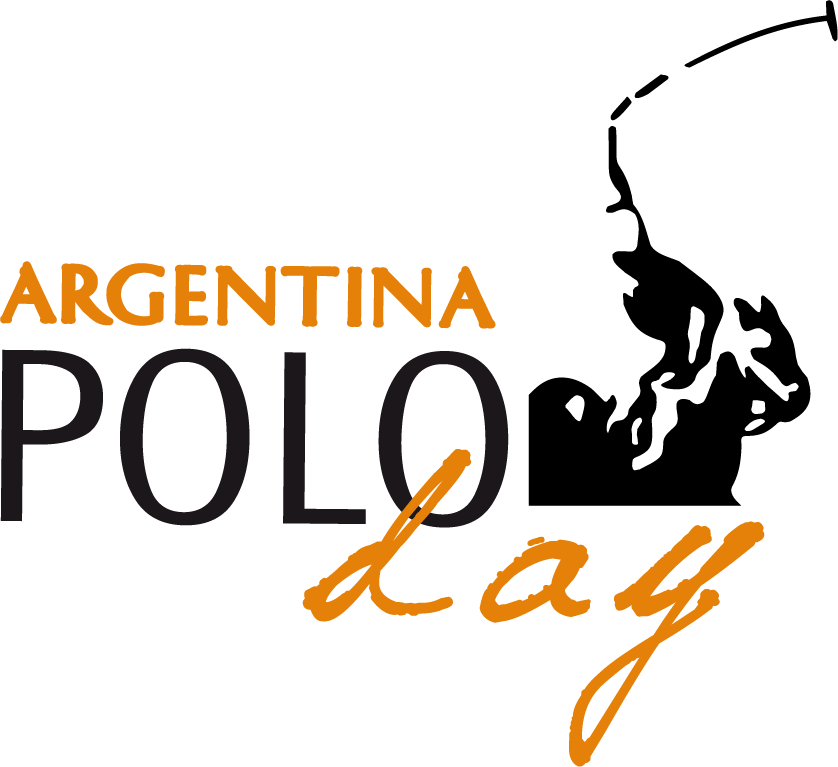
Polo holds a special place in Argentina, not just as a sport but as a key element of the country’s identity and culture. Known as the global leader in polo, Argentina is home to the best players, the finest horses, and some of the most prestigious tournaments in the world. But polo is more than a competitive sport—it is deeply rooted in the traditions of the Argentine countryside, reflecting the skills and values of its rural heritage.
The connection between polo and Argentina’s rural traditions can be traced back to the gaucho, the iconic figure of the Pampas. Gauchos, known for their exceptional horsemanship and close bond with horses, laid the foundation for Argentina’s polo dominance. Their expertise in training horses and managing livestock seamlessly translated into the skills needed for polo. Today, the techniques and dedication seen in polo reflect the same values of hard work, teamwork, and respect for nature that have long defined rural life in Argentina.
Polo also serves as a way to celebrate Argentina’s cultural roots. Visiting an estancia to watch or play polo often includes experiencing gaucho traditions, such as horseback riding and enjoying a traditional asado (barbecue). This blend of sport, culture, and nature showcases the deep relationship between polo and the Argentine countryside. It’s not just a game—it’s a symbol of the country’s history, resilience, and passion for horses, making it an integral part of Argentina’s national pride.

